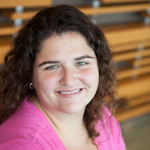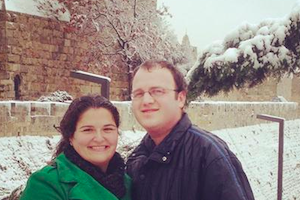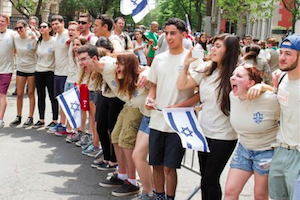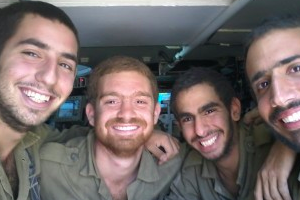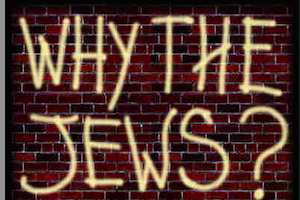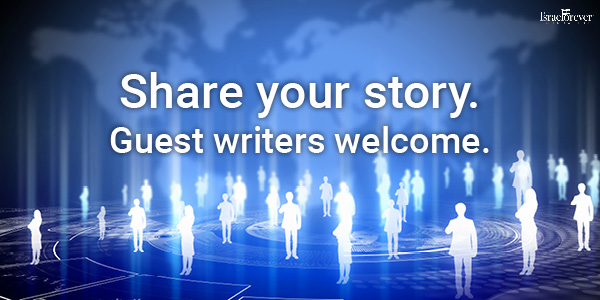Jewish Peoplehood
By Samantha Vinokor
Anyone who follows the news out of Israel can attest to the fact that it’s been a rough week. A Palestinian baby and a sixteen year old Jewish Israel girl are dead, and victims of crimes including arson, stabbings, and fire bombings continue to fight for their lives. I’ve personally spent an inordinate amount of time refreshing my newsfeeds, waiting in dread for the next hit.
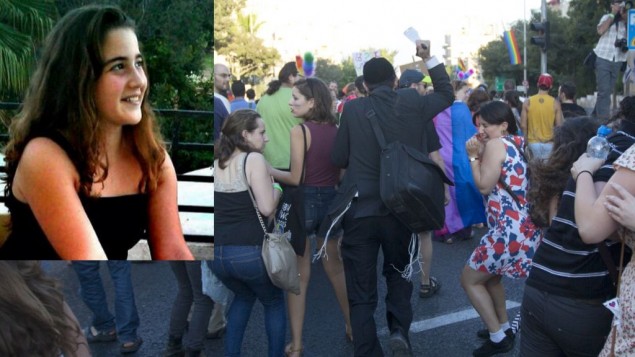
Most of the time when I hit refresh, the first thing to immediately pop up is a status or blog denouncing the violence. It usually comes with a caveat: This isn’t my Israel. These aren’t my Jews.
Eloquently, the writers condemn the perpetrators, citing Jewish sources prohibiting these crimes, and emphasizing how the normative Jewish community and Israeli society abhor these acts. I’m with them – I don’t want anyone to think that a few outlying extremists represent Israel, or the Jewish people. If they do, it means that I’m connected with them, with people who go beyond the pale and commit acts that to me are unspeakable, unjustifiable, and unthinkable.
But while one tab on my computer is constantly open to the news, and another to my social media accounts, the third one is where I conduct a constant stream of research on Jewish peoplehood.
Jewish peoplehood, a concept taken for granted historically, yet so elusive today, is what I’m focusing on at work, and I can’t help looking at the current state of the Jewish world through this lens. Throughout history, Jews have been viewed as a collective, for better or for worse. The walls of the ghettos and the identifying marks of being a member of the tribe bound us together, like it or not.
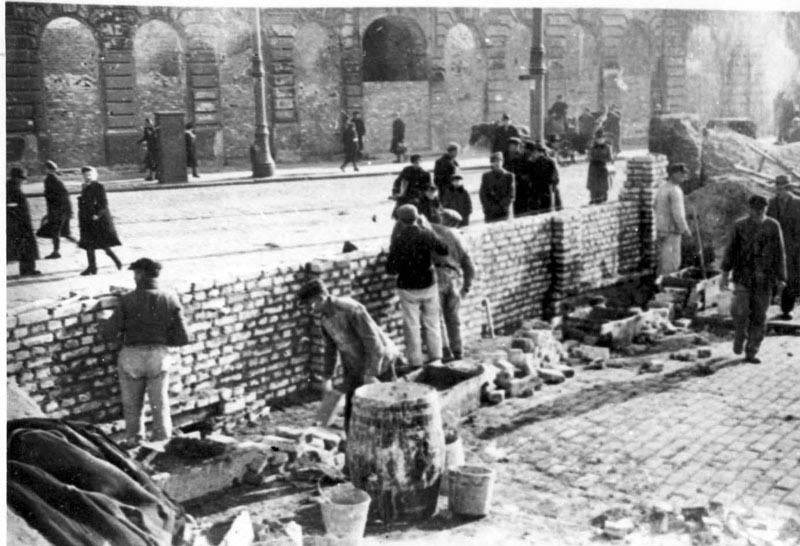
Even now, when there are countless subsets of the Jewish community and we’re more diverse than ever, the bonds still exist. I saw them when my grandmother took it as a point of personal pride when Aly Raisman did her Olympic floor routine to Hava Negilah, and when a primordial fear manifested in her when Bernie Maidoff was convicted for his Ponzi scheme. I see them in myself, when my eyes start to tear over news from Paris, a city where I know no one, yet I feel intimately connected to the fate of the community.
The bonds manifest every time I’m in an airport and I get excited to hear an Israeli speaking Hebrew, or to see a Hasid laying tefillin. We’re connected.
What happens to the ties of peoplehood when we rush to qualify who gets to be in our community? If we disassociate from these fringe lunatics, are we automatically released of our responsibility to them as fellow Jews?
My Judaism is one of pluralism, founded in the ideals of being a light unto the nations and recognizing that each person is made in the image of God. But I can’t deny that the same texts that have pointed me to my current place in life also provided the sources that set murderers on their paths.
If I relinquish responsibility for that, then I’m giving up part of my heritage. With people corrupting Torah and Jewish values and using them as justifications for heinous acts, I don’t want to give up a single verse. Instead of casting them out and saying “That’s not mine,” I want to own them, take responsibility for them, and figure out how they play into my world view.
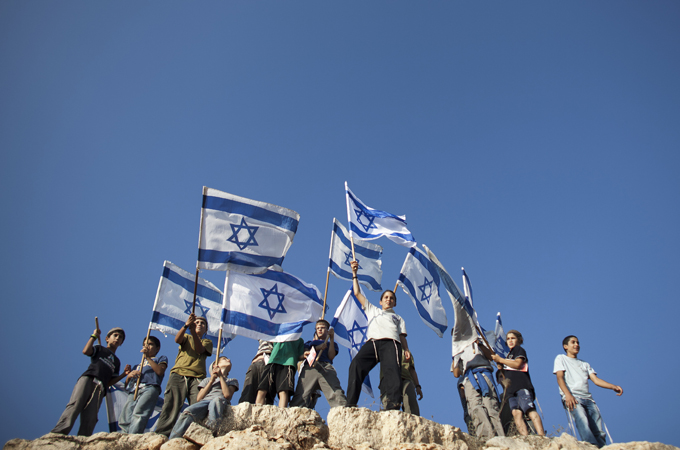
The bonds of Jewish peoplehood are not unbreakable. If we keep dividing ourselves, pushing away that which we don’t like and clinging only to what’s comfortable, we’ll wake up one day without a Jewish people. We’ll have small circles of like-minded people, but no eternal bond, linking us through time and space.
No excuses and no justifications for the murders of this week. Individuals who murder innocents are definitely outside of my community, and beyond the limits of my ability to forgive or accept.
But, instead of writing them off as not part of the Jewish people, and therefore not my problem, I urge the Jewish community to look inside. Be introspective. Look at these problems as ones that unfortunately exist in our midst, and figure out how we, a people with three opinions for every two members, can fulfill our mission of being a light unto the nations by fixing our own.
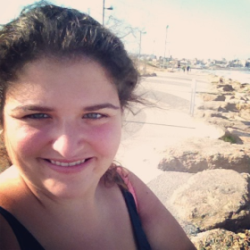
Samantha Vinokor is a native New Yorker who recently returned to the US after three years in Israel. She is currently living in Washington, DC, and working as a Jewish Educator. More about Samantha's freelance work, experiential education initiatives, and blogging can be found here.
Click here for the original blog post.
Recommended:
Do You Have a Story to Tell?
Become an Israel Forever Blogger Today!
About the Author
